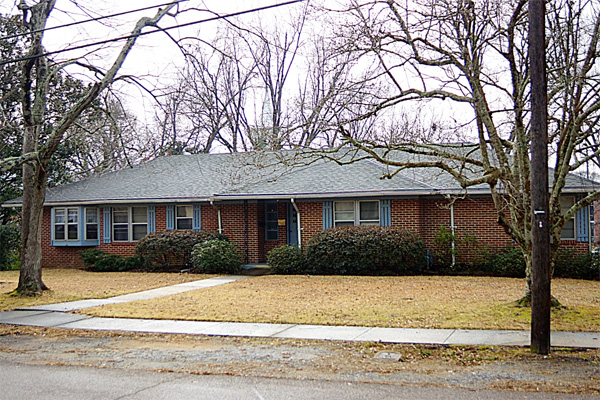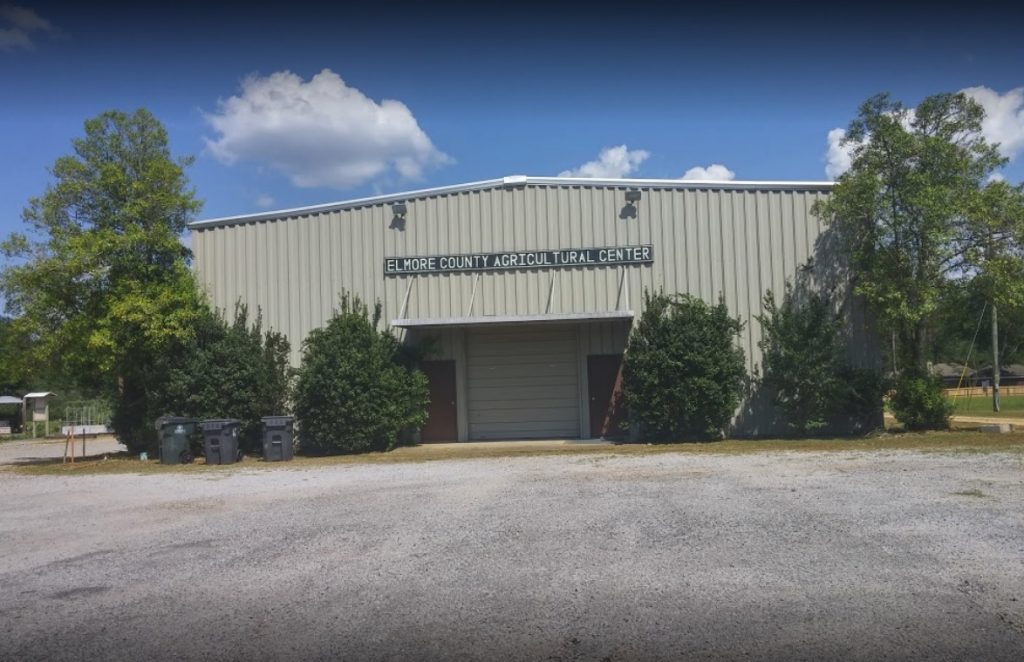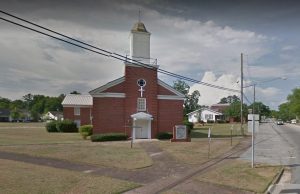Chair: James B
SERVICE THROUGH ARCHIVES
Whenever a society or civilization perishes there is always one condition present; they forgot where they came from.
—Carl Sandburg
Like any other A.A. service, the primary purpose of those involved in archival work is to carry the message of Alcoholics Anonymous. Archives service work is more than mere custodial activity; it is the means by which we collect, preserve, and share the rich and meaningful heritage of our Fellowship. It is by the collection and sharing of these important historical elements that our collective gratitude for Alcoholics Anonymous is deepened.
A.A. members have a responsibility to gather and care for the Fellowship’s historical documents and memorabilia. Correspondence, records, minutes, reports, photographs, newspaper and magazine articles from the past and the present should be collected, preserved, and made available for the guidance and research of A.A. members and others (researchers, historians, and scholars from various disciplines)—for now and for generations to come.
The District 8 archives collection is stored in a climate-controlled unit in Montgomery. A constantly-changing sampling of the collection is on display at The Happy Hour Group. This can be seen whenever the building is open for fellowship before and after meetings, or by appointment with the Archives chair.




